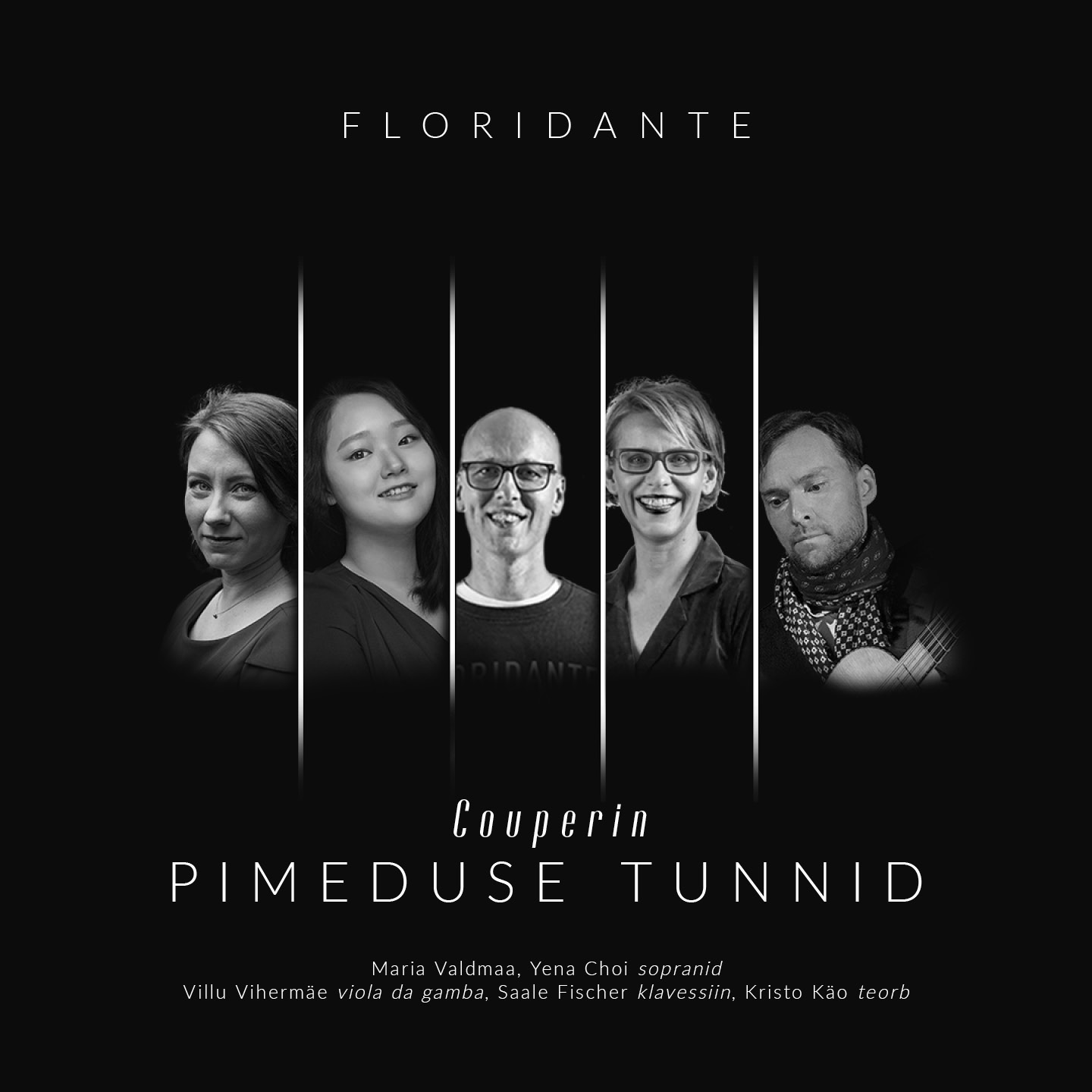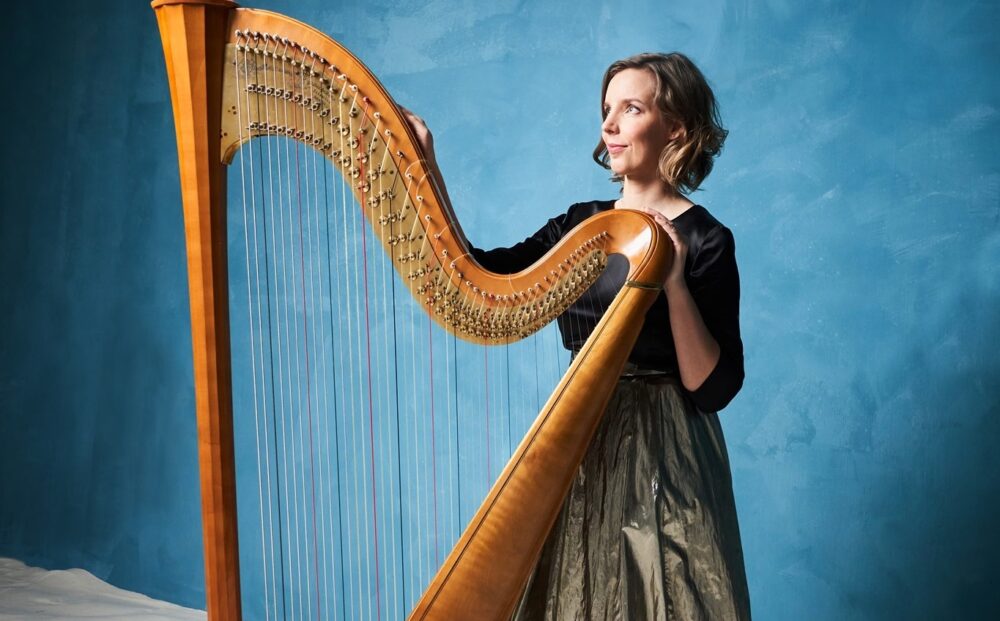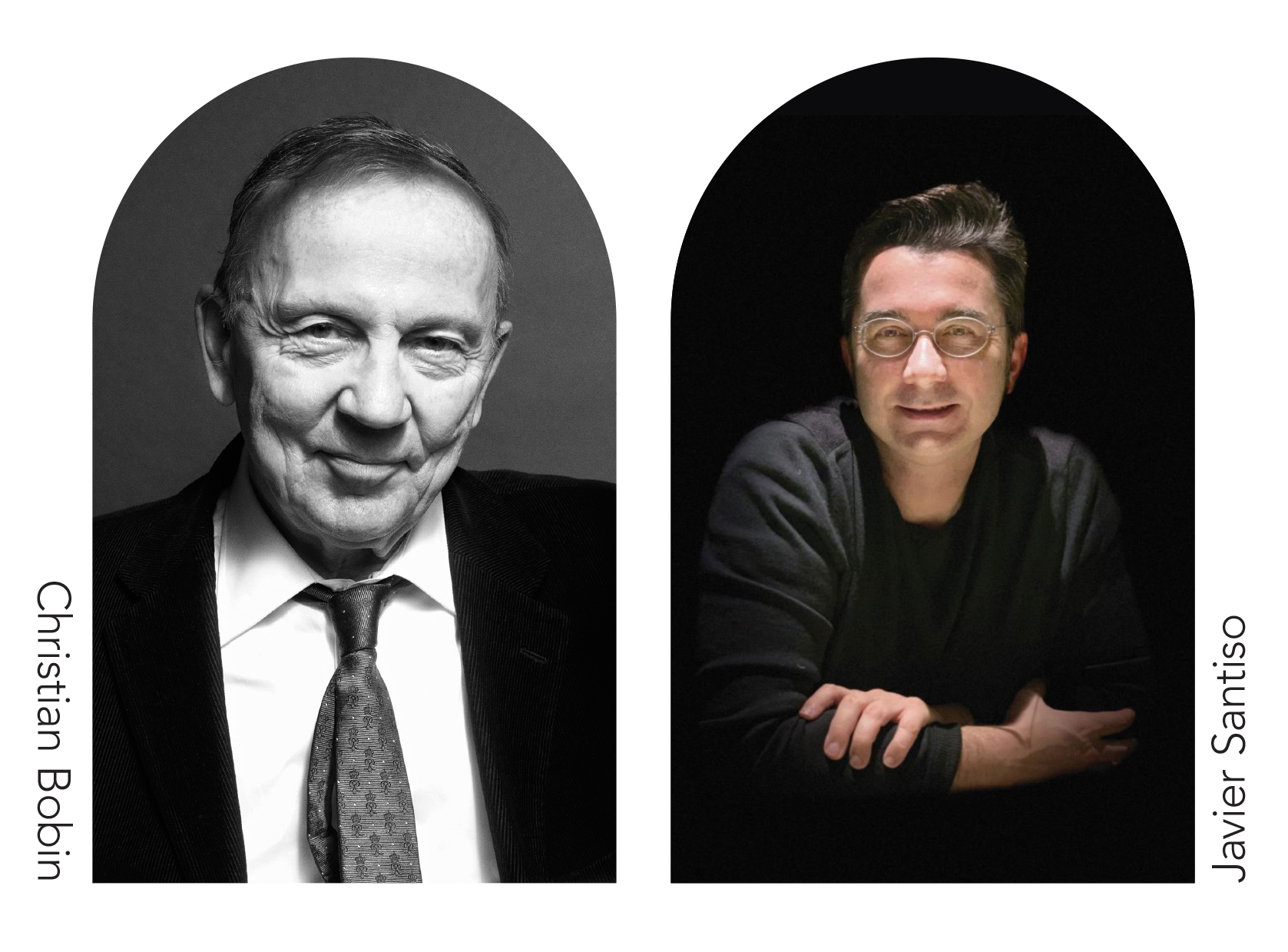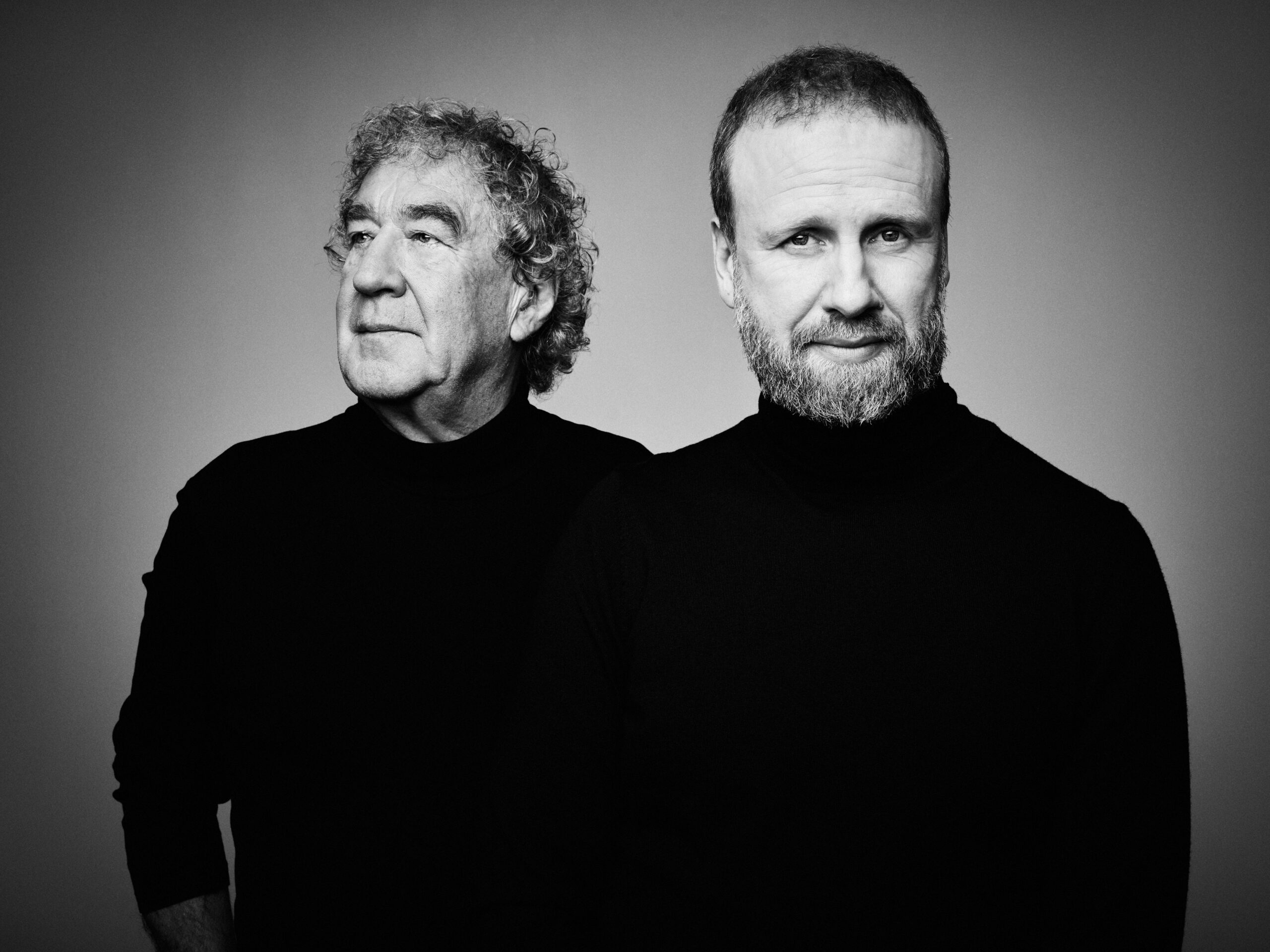Location
Performers
Description
In the lecture James MacMillan will explore the deep roots, musical, technical, theological and cultural, of why there is an umbilical link between music and the sacred. And he will probe the issue of why sacred music is still being composed today in this “age of unbelief.”
James MacMillan is the pre-eminent Scottish composer of his generation. He first attracted attention with the acclaimed BBC Proms premiere of The Confession of Isobel Gowdie (1990). His percussion concerto Veni, Veni Emmanuel (1992) has received over 500 performances worldwide by orchestras including London Symphony Orchestra, Royal Concertgebouw Orchestra, New York and Los Angeles Philharmonics and Cleveland Orchestra. Other major works include the cantata Seven Last Words from the Cross (1993), Quickening (1998) for soloists, children’s choir, mixed choir and orchestra, the operas Inès de Castro (2001) and The Sacrifice (2005-06), St John Passion (2007), St Luke Passion (2013) and Symphony No.5: ‘Le grand Inconnu’ (2018).
He was featured composer at Edinburgh Festival (1993, 2019), Southbank Centre (1997), BBC’s Barbican Composer Weekend (2005) and Grafenegg Festival (2012). His interpreters include soloists Evelyn Glennie, Colin Currie, Jean-Yves Thibaudet and Vadim Repin, conductors Leonard Slatkin, Sir Andrew Davis, Marin Alsop and Sir Donald Runnicles, choreographer Christopher Wheeldon and stage director Katie Mitchell. His recordings can be found on BMG/RCA Red Seal, BIS, Chandos, Naxos, Hyperion, Coro, Linn and Challenge Classics.
Recent highlights include MacMillan’s Stabat Mater for The Sixteen streamed from the Sistine Chapel and premieres of the 40-voice motet Vidi aquam, Christmas Oratorio streamed in 2021 by NTR Dutch Radio from the Concertgebouw in Amsterdam and recorded by the London Philharmonic Orchestra and Choir, and the anthem Who Shall Separate Us? commissioned for the funeral of HM Queen Elizabeth II in 2022. The annual Cumnock Tryst festival was founded by the composer in 2014 in his childhood town in Scotland.
The lecture will be in English, with interpretation into Estonian.



